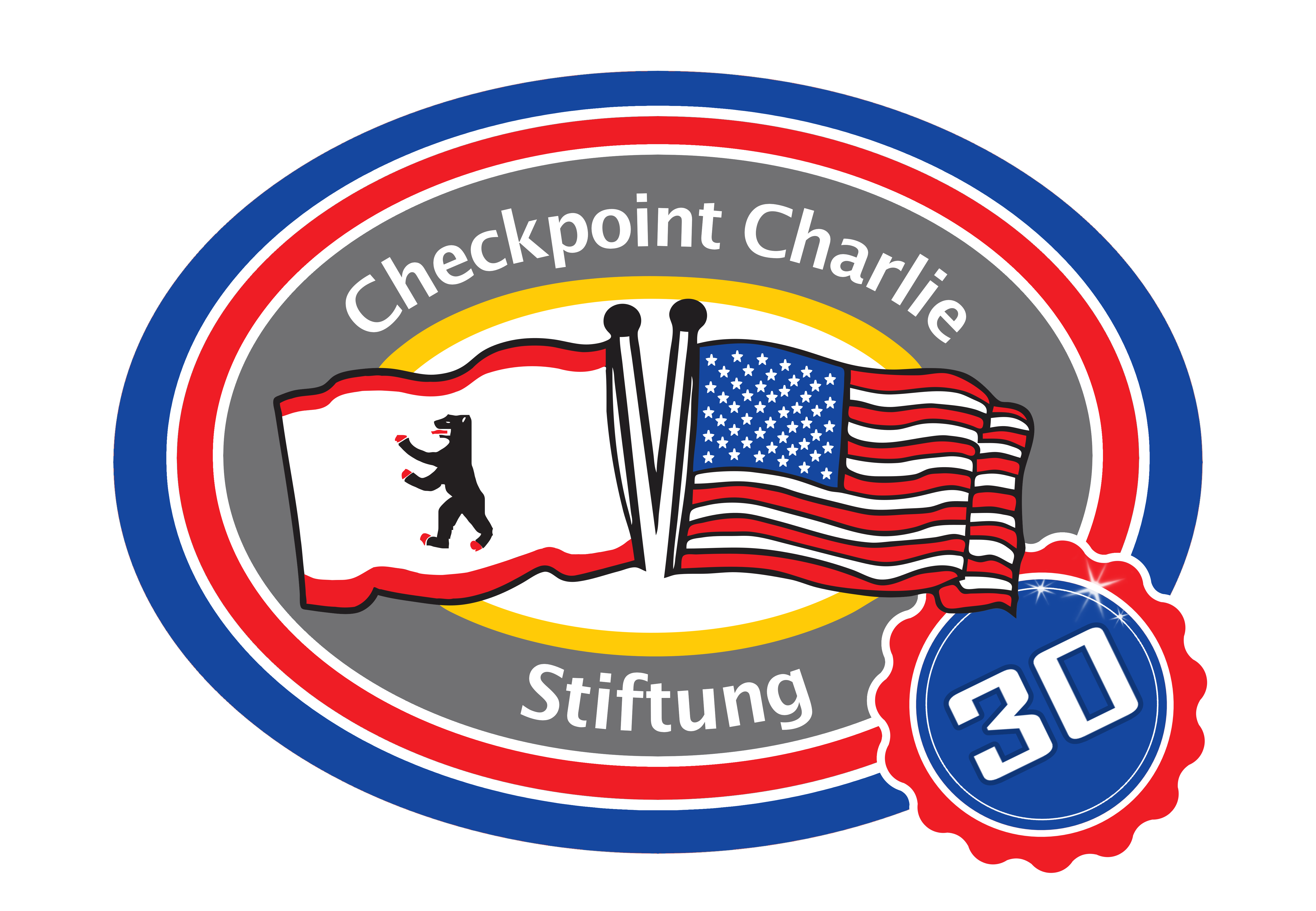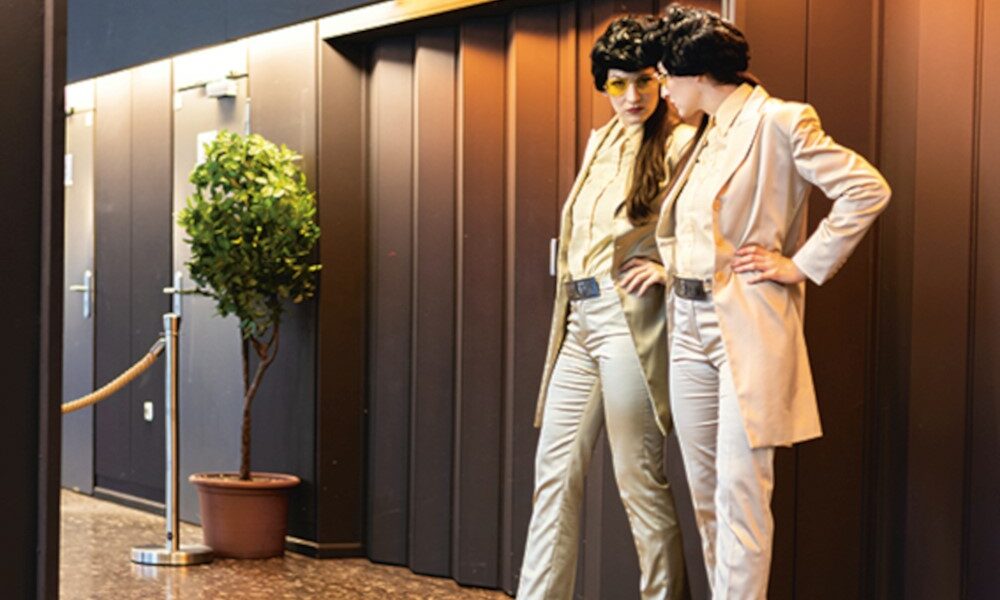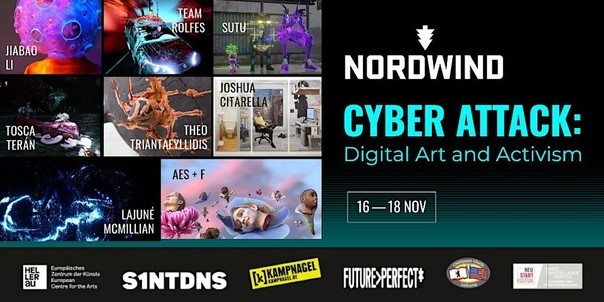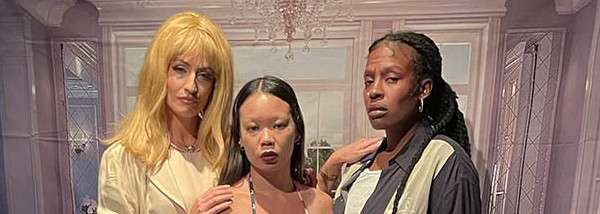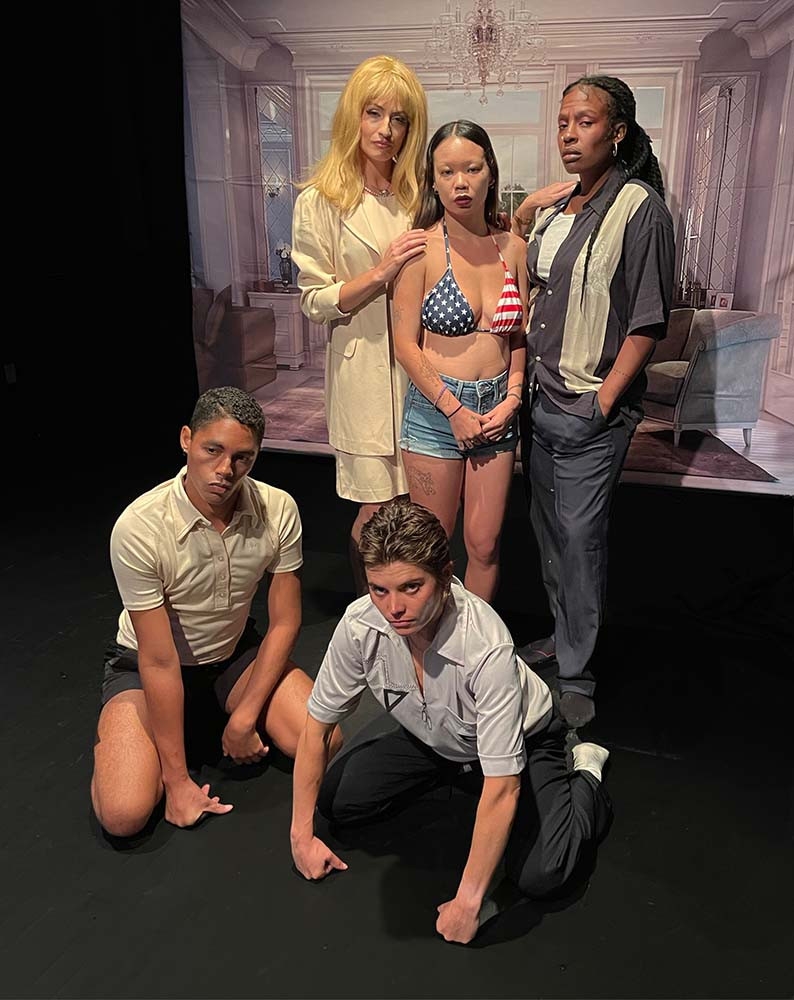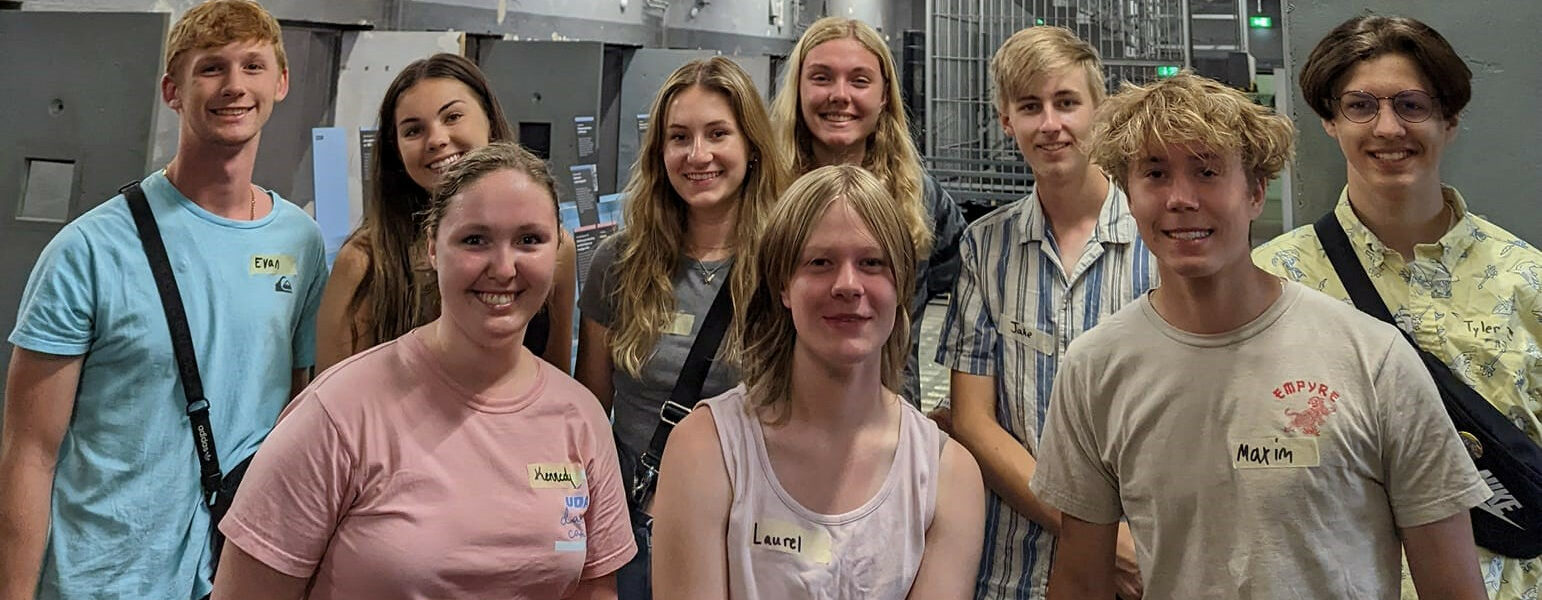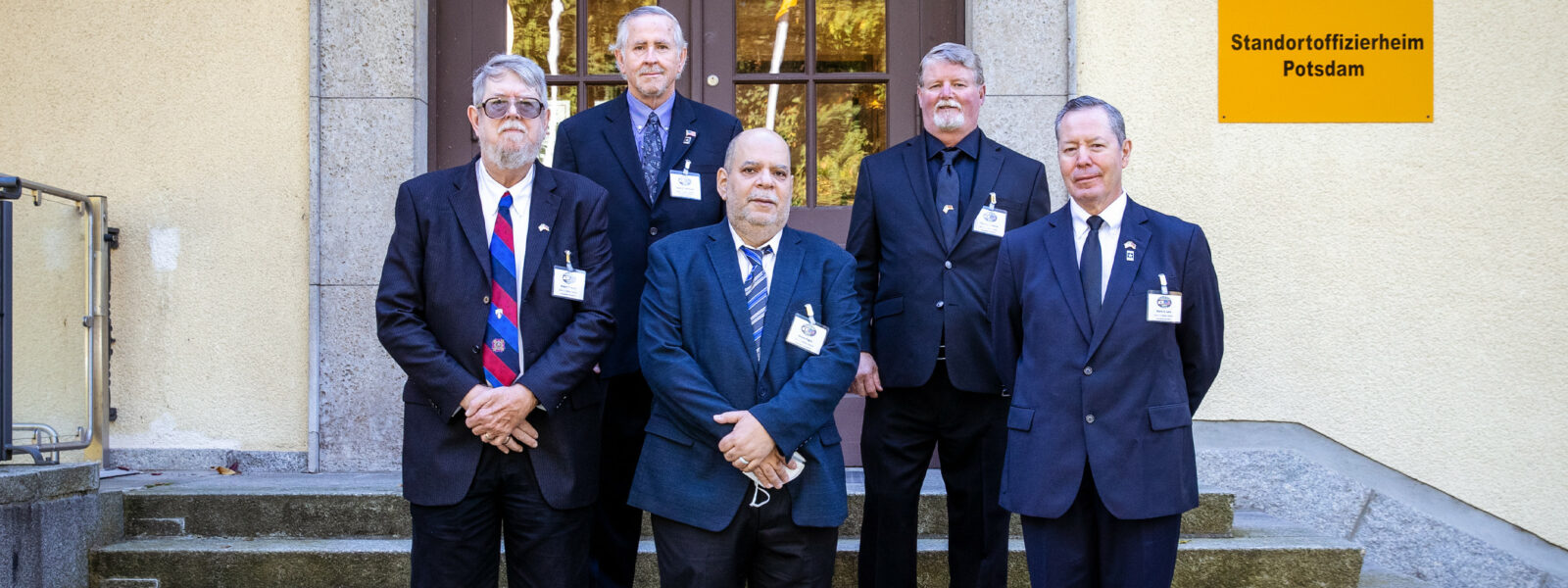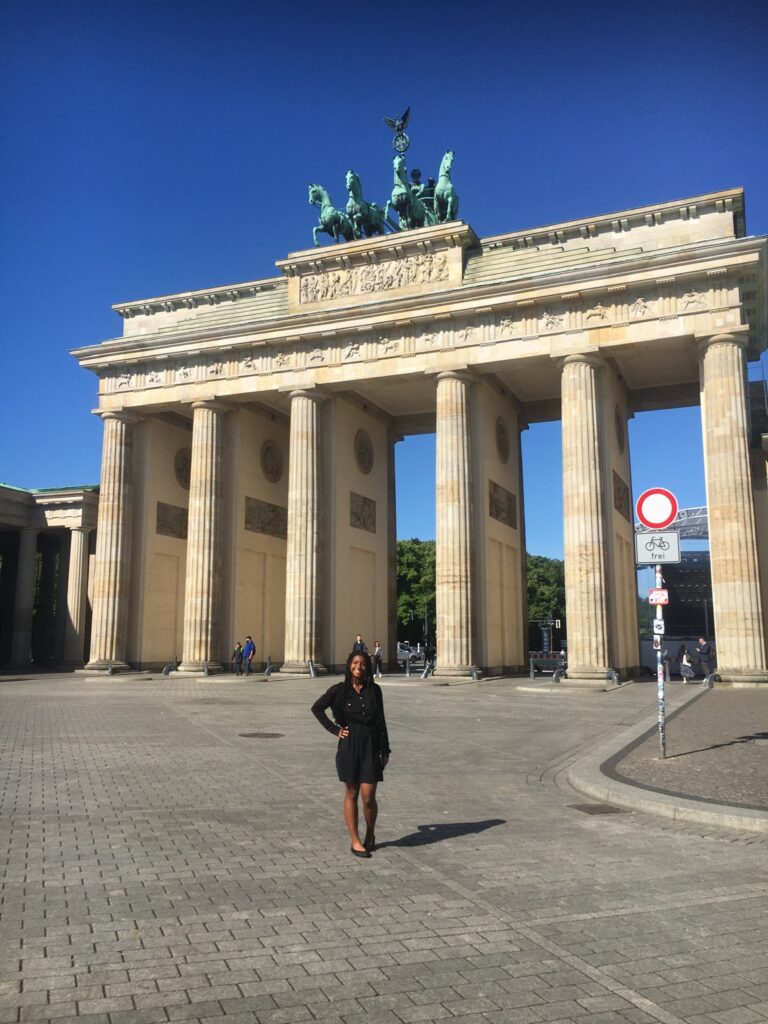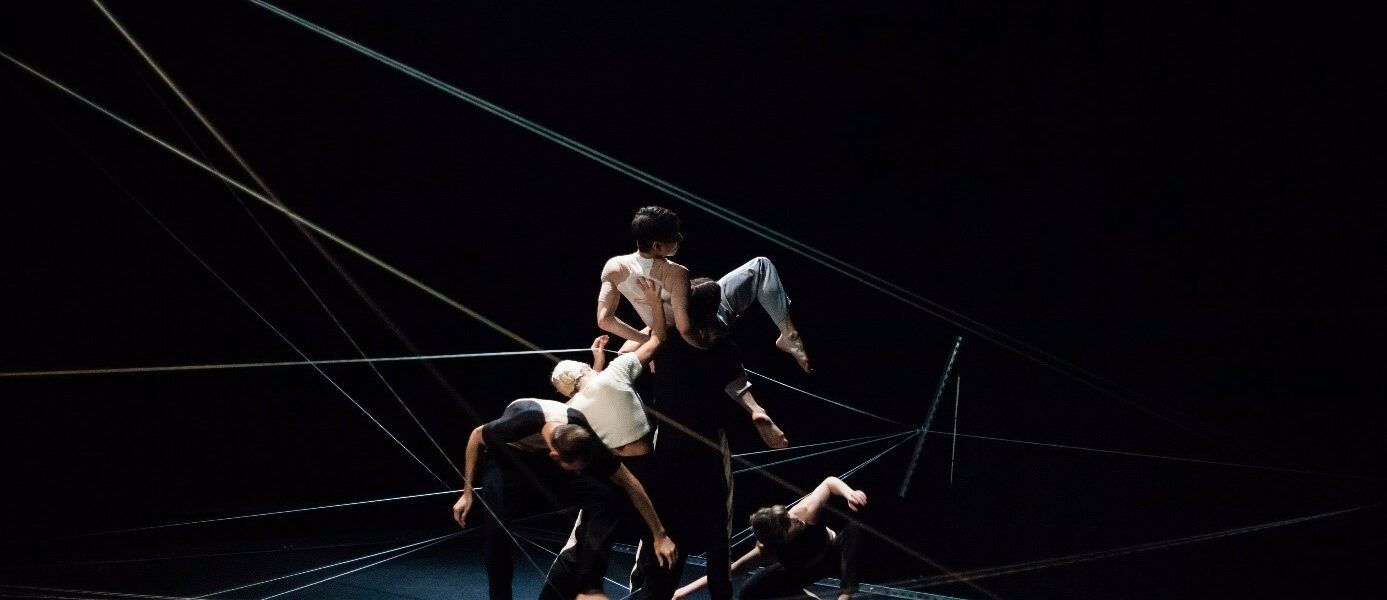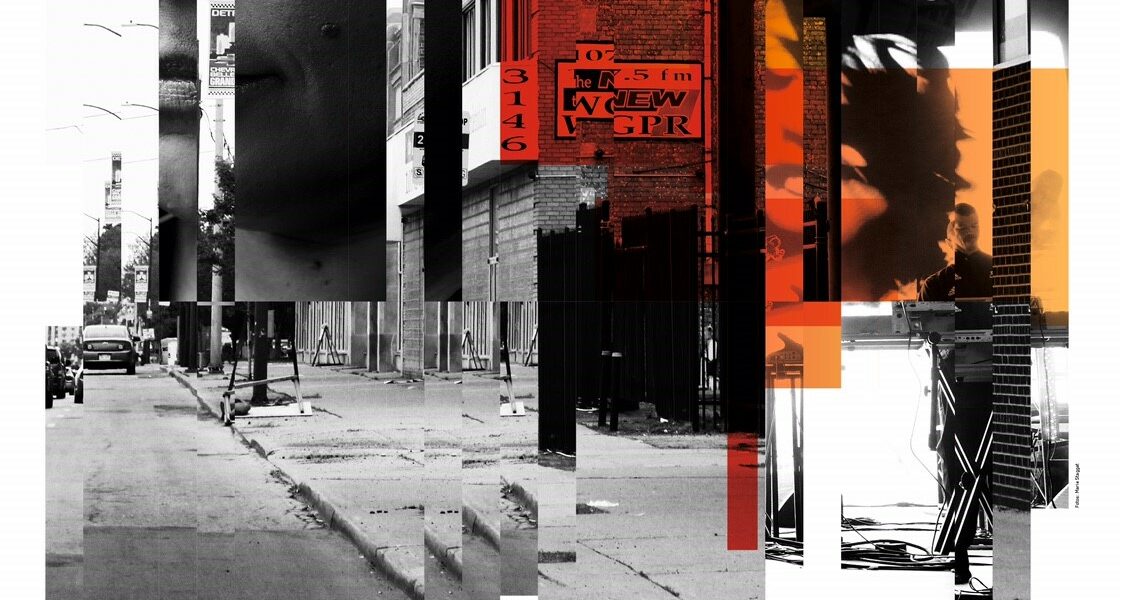At night, in a town somewhere in South Dakota, years after a devastating flood. Houses and streets have been rebuilt. We are in the Rapid Motel, room 115, someone is talking. Let’s call him*her AD. Extremely talkative, AD unpacks one story after another, offering entertainment. The mood changes when the monologue turns into a dialogue, the undertones of which don’t suit AD at all. Sometimes witty, sometimes analytical, he*she navigates around his*her own worldview.
Who is this AD? Is AD passing through? On vacation? Or one of those residents who have missed the new start, permanently staying in a motel because they don’t have the money for more? What we know: AD is waiting for a motel guest to return. And the longer the stay, the more the room develops a life of its own: it fills with images and sounds, times overlap, spaces blur.
In the interaction of acting, musical field recordings, documentary film sequences and deconstructed soundtracks, the American Dream peels itself off like an onion, exposing the confusion its promises generate.
Rapid Motel is like psychoanalysis, with the American Dream on the couch.
November 18, 2022 Leipzig, November 20, 2022 Berlin, January 20, 2023 Zurich
